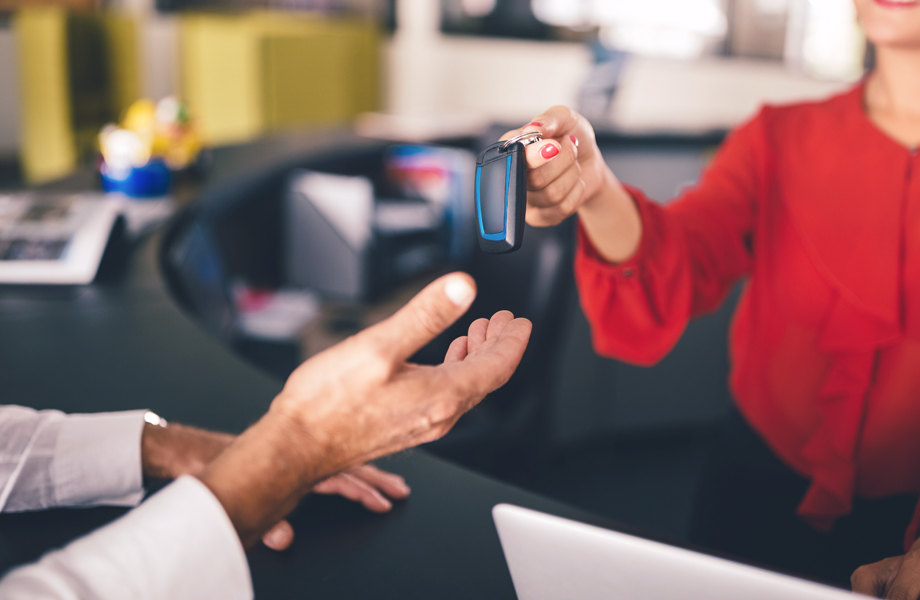Articles
Buying vs Leasing a Car
Is It Better to Buy or Lease a Car?
Car shopping can be stressful. What is most important to you? The make and model? The color? Front-wheel drive or four-wheel drive? But before you have even started looking at cars, you may find yourself debating whether to buy or lease. There are advantages
and disadvantages to both options, and understanding the key differences can help you make an educated decision as to whether buying or leasing is right for you.
Leasing a car offers the benefit of lower monthly payments
Leasing a car essentially means renting it for an extended period. Rather than paying the full purchase price of the vehicle, you pay for the amount of depreciation expected over the term of your lease, in addition to interest and fees. The typical length of a lease is two or three years, but a lease agreement can be set for any length of time. Once the lease agreement expires, the vehicle is returned to the dealer.
Why pay for a car you will never own? Compared to buying a car, leasing is a cost-effective alternative in the short-term. Your down payment will be lower and so will your monthly payments since you are not paying back any principal. Leasing a car can also save you on sales tax because you only pay it on a portion of the full purchase price.
Leasing gives you the opportunity to drive a newer and more expensive car than you might otherwise be able to afford. Late-model vehicles are covered by the manufacturer’s warranty, which means you won’t have to pay the cost of certain repairs out of your pocket.

Unexpected costs can stack up when leasing a car
Leasing may seem like a flexible option for securing the keys to a new car, but it is important to remember that there are restrictions. Lease contracts typically set a limit on the number of miles you can drive over the term of your agreement, and an excess mileage penalty will be assessed if you exceed that limit. You are also expected to return the vehicle in good condition, otherwise you may be charged for “wear and tear” by the dealer.
Then there is the obvious drawback of not owning the car once the lease agreement expires, putting you back at square one in the search for your next ride.
Buying a car offers a path to owning a car
By purchasing a car, you become the owner. You get to drive it as many miles as you’d like and keep it for as long as you want. Once you have made the final payment on your auto loan, the car is yours. You even have the freedom to trade it in. The vehicle will have depreciated over the course of your car loan, but its remaining value is yours to use as you like.
Buying a car also means you won’t have to make monthly payments forever. When you lease a car and you reach the end of your term, you will typically either sign a new lease agreement or opt instead to purchase a vehicle, both of which mean more monthly payments in your future. With an auto loan, there is always a light at the end of the tunnel.
Car loans require a greater financial commitment
Financing the purchase of a car usually means making a bigger down payment and paying higher monthly payments. After all, you are paying the full purchase price of the vehicle, in addition to interest, taxes and fees. The size of your down payment may help reduce the size of your monthly payments, but that will also require a larger chunk of your savings.
Car ownership also includes costs that extend well beyond the purchase price. If your car is not under warranty, you will be responsible for covering the cost of all repairs. The cost of routine service and maintenance will come out of your pocket as long as you own the car. You won’t have to worry about fees related to “wear and tear,” but the condition of the vehicle will ultimately affect its trade-in or resale value.
Should you buy or lease a car?
There is no universal answer to the question of whether you should buy or lease a car. It is a decision that ultimately depends on your specific wants and needs and how much you can commit financially. Your best course of action is to explore your options, weigh the pros and cons, and determine if buying or leasing makes the most sense for you.
Feel free to contact us if you have questions about your auto financing options.


